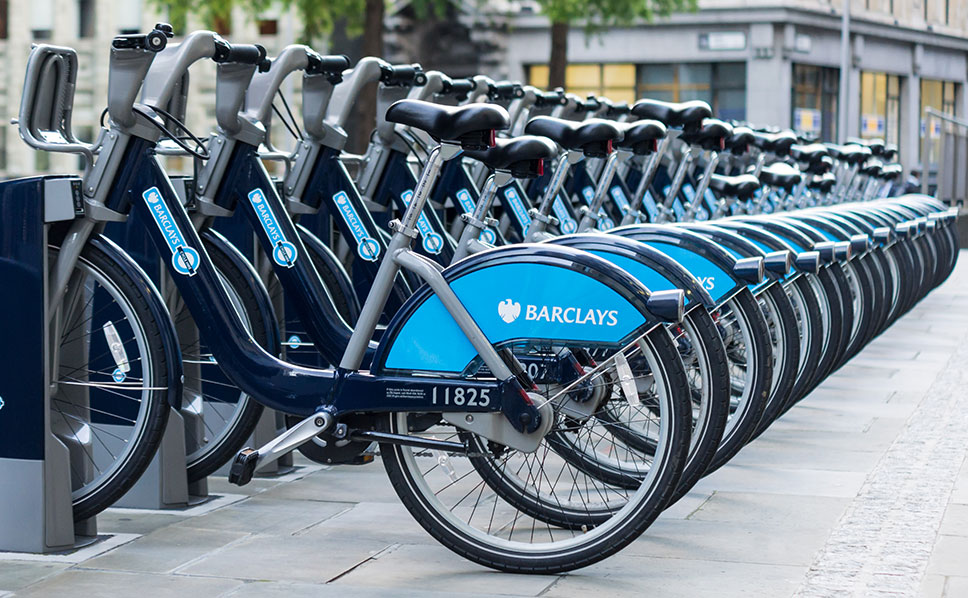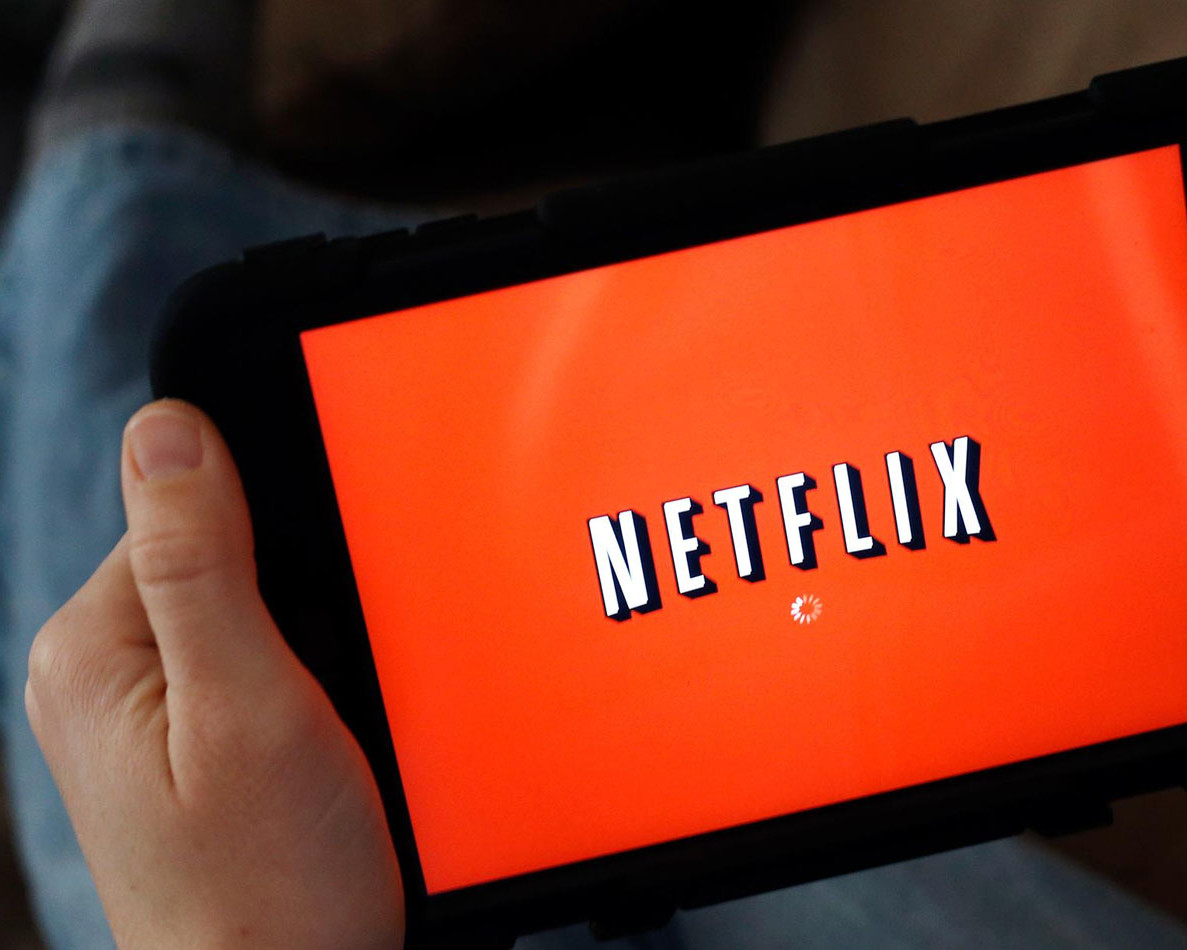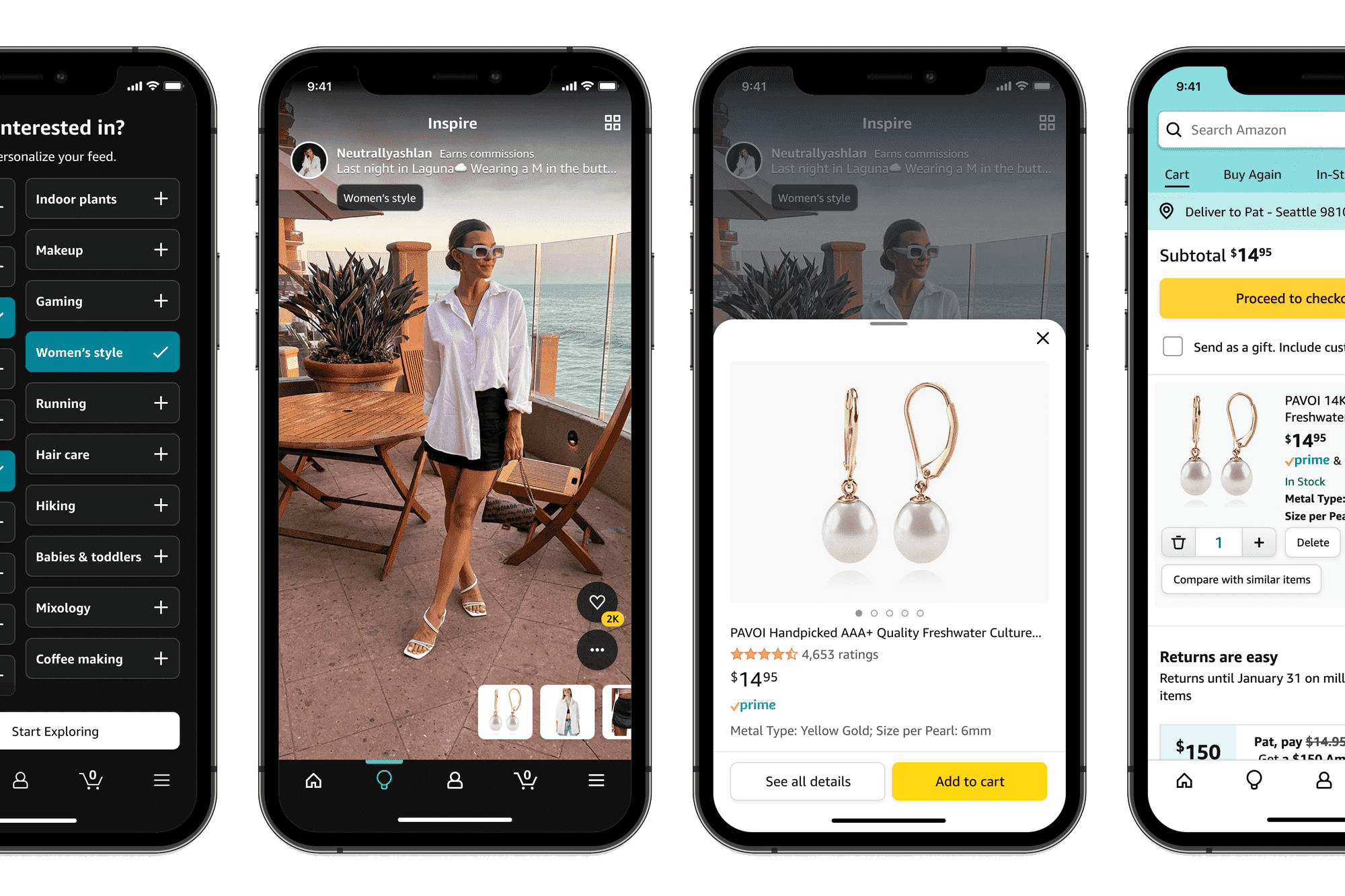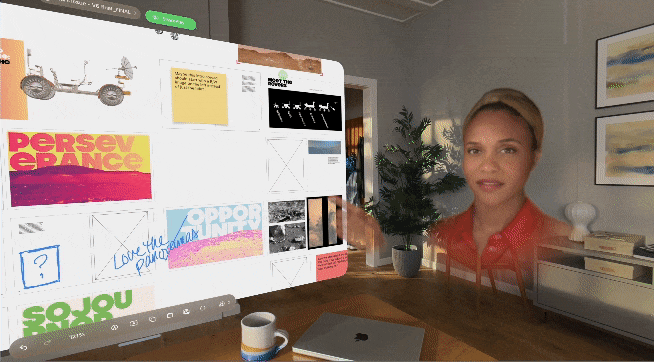In a digital age where access supersedes ownership, where free content, downloads, streams and giveaways are the norm, what motivation do consumers have to hand over their hard earned cash when they can rent, share and try before they buy?
Why buy when you can get it for free, sample it first or rent it instead? The rise of free content and product giveaways has changed our notions of what we should and shouldn’t have to pay for. In some areas, it’s not just the monetary value of products that has been eroded – it’s the very concept of ownership itself.
Do we really have the space or the funds to justify a purchase ‘just for us’, when we could rent it or share it instead? While this attitude has hit high-priced, high-commitment categories the hardest (i.e. homes and cars), we’re seeing the ‘why buy?’ ethos creep into less obvious categories, including clothing, video games and consumer electronics.
Our lack of interest in owning has been coupled with a fear of commitment to purchasing – or at least, a strong desire to try it out first.
“Apple allowed consumers to test out the iPad for a day before committing to buy. What’s next? Sampling the menu before committing to a reservation?”
While free samples and test drives are age-old concepts, we’ve seen the ‘try before you buy’ ethos permeate new categories, and more importantly, be enabled by third parties rather than the brands themselves. Apple allowed consumers to test out the iPad for a day before committing to buy. What’s next? Sampling the menu before committing to a reservation?
The monetary value of products has been undermined by many factors, namely the rise of free online content and the emergence of rental versions of previously paid-to-own products and services:
Mintel’s Media Consumption UK July 2012 report showed that just 3% currently subscribe to a newspaper website and that 88% say they would not pay for this type of digital content.
Netflix subscribers can stream movies and TV anytime; the site has 27 million members in the US and 6 million members worldwide.
Indeed, Mintel’s Digital Movie Sales and Rentals US August 2012 report, rentals are estimated to account for 88% of the digital video market in 2012.
Speaking of the internet, its role in creating a new era of ad-supported free media—and attendant expectations for gratis content—cannot be understated. ‘Free’ dominates the news and entertainment worlds, where access now supersedes ownership.
Mintel’s Mobile Gaming US June 2012 report shows that 41% of mobile gamers typically play free mobile games rather than paid games.

Anthon Berg is a famous Danish chocolatier established in Copenhagen 1884. The company has an estimated market cap of around $600 million.
But how long can free last? Someone must pick up the tab, and that someone is increasingly advertisers, leading to an Attention Economy in which consumers ‘pay’ by watching an ad rather than with cash.
Brands, particularly those peddling intangible goods like entertainment content, should also take a lesson from the newspaper industry: Once you start giving things away for free, it’s difficult to suddenly erect a paywall without alienating customers.
That said, there may be an opportunity to offer different tiers of access, with limited or lower-grade freebies alongside paid-for premium options. Hulu.com, which originally offered free TV content, introduced a paid premium service, Hulu Plus, in 2010. The verdict is still out (the company claims to have “exceeded expectations”) but the model serves as a good example of how free vs paid needn’t be so black and white.
With access – rather than ownership – being paramount, the concepts of renting and sharing can be expected to inform various sectors. We’ve already seen a rise in rental fashion and consumer electronics. Brands in other high price point categories must keep an eye on services that allow consumers to bypass ownership. Or, instead of trying to fend off this trend, companies might consider joining in by offering consumers the option to pay only for temporary use of a product.
Finally, the ethical component of this trend cannot be ignored. In many areas, the concept of single ownership is beginning to be considered selfish and wasteful. The financial and environmental practicality of sharing things like cars, homes, offices and even major appliances is only likely to grow, and marketers will need to stay attuned to the needs of a consumer who no longer wants or needs a sense of ownership.



